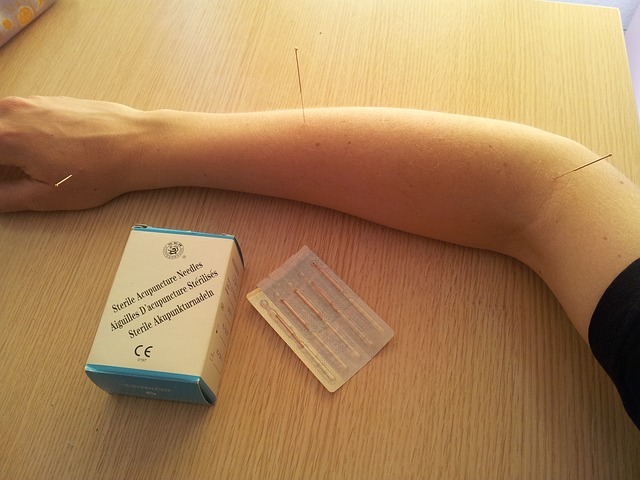Acupuncture may help people with memory loss but have not yet progressed to dementia, according to Chinese researchers who reviewed five prior studies on the topic.
There is no concrete evidence that dementia can be stopped completely. But acupuncture, either used alone or combined with other treatments such as the medicine nimodipine, might be able to assist in memory retention, the review states.
However, several doctors not involved in the study argue that it is too soon to tell that acupuncture might be beneficial in providing relief from dementia symptoms, Web MD reports.
Min Deng and Xu-Feng Wang from Wuhan University in China reviewed five studies conducted from 2012 to 2013. The participants in the studies numbered close to 600, all of whom had mild cognitive impairment, a kind of memory loss classified under pre-dementia. Around 5 to 10% of those with mild cognitive impairment eventually develop dementia yearly, Deng and Wang noted.
The researchers focused on people in the studies who had a particular form of this impairment called amnestic, which heightens the risk for dementia even more.
The studies compared the positive effects of acupuncture alone versus nimodipine or looked at the combination of both treatments in comparison with nimodipine alone. Patients received treatments three to five times weekly for eight weeks in four of the studies reviewed. The fifth took three months to complete.
Data combined from all five studies showed that the patients receiving acupuncture fared better than those on nimodipine alone.
Those who had undergone acupuncture scored higher on two tests of dementia and memory: a mini-mental state exam in the form of a questionnaire that measures mental impairment, and picture recognition.
Also, the combination of acupuncture and nimodipine showed improved scores on the mini-mental state exam compared to nimodipine by itself, the researchers found.
Three of the studies reported side effects, including fainting and slow bleeding at the needle sites for acupuncture. Side effects of nimodipine were nausea, constipation, and mild headaches.
Dr. Remy Coeytaux, an associate professor in community and family medicine and a researcher at Duke University, North Carolina, was one of the skeptics on the review’s findings.
“The studies suggest that acupuncture is effective, but my degree of confidence in this finding is low, [but] it’s not zero,” Coeytaux says.
He adds, “The quality of the studies really was poor, so that puts a damper on the findings, because it’s hard to trust the data from the original studies.” He suggests that the benefits seen from acupuncture may be a placebo effect, but it’s impossible from this review to tell if there was a placebo effect, and how much.
He says a larger, better-designed trial is necessary to see if acupuncture really can be beneficial. But, he admits, since there are no known effective treatments for dementia, acupuncture is something patients can try. It might not help, but it won’t hurt either, Coeytaux explains.
The review was published in the journal, Acupuncture in Medicine.
























